美品 TAMA HH75W ハイハットスタンド
(税込) 送料込み
商品の説明
TAMA タマ
HH75W
ハイハット スタンド
・スプリングテンション6段階調整
・脚部回転
目立った傷や汚れなどはなく、状態は良好です。
画像で状態を確認の上ご検討ください。商品の情報
| カテゴリー | おもちゃ・ホビー・グッズ > 楽器/器材 > 打楽器 |
|---|---|
| ブランド | タマ |
| 商品の状態 | 目立った傷や汚れなし |

TAMA HH75W ハイハットスタンド 電子ドラム | JChere雅虎拍卖代购

ドラムパーツ】HH75W / TAMA(タマ)【ハイハットスタンド】|ベータ

The Classic Hi-Hat Stand | Hi-Hat Stands | HARDWARE | PRODUCTS

TAMA HH75W > ハイハットスタンド | 楽器の専門店ミュージックファーム

TAMA タマ

美品 TAMA HH75W ハイハットスタンド - 打楽器
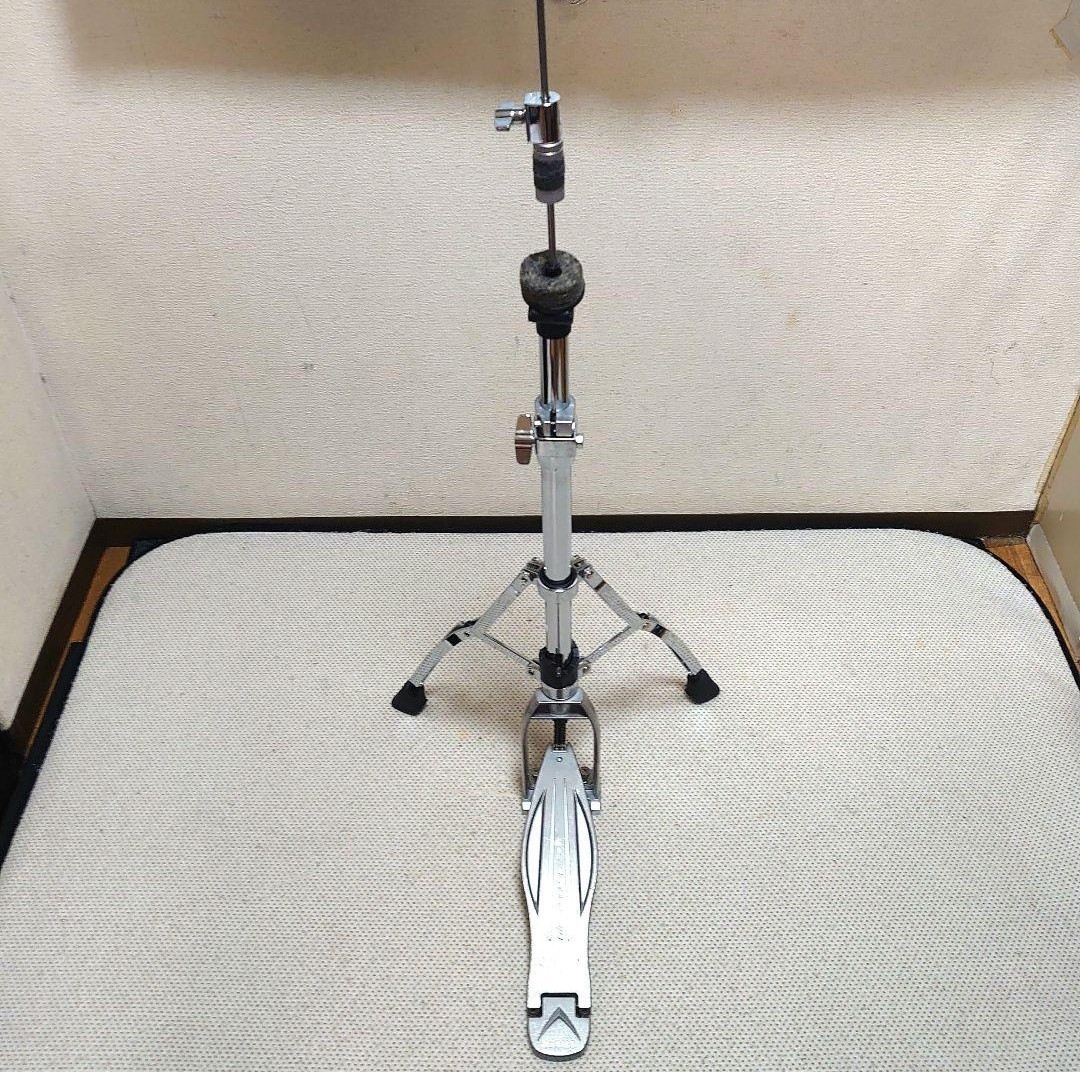
ヤフオク! -「tama タマ ハイハットスタンド」の落札相場・落札価格

TAMA ハイハットスタンド HH75W タマ の落札情報詳細 - ヤフオク落札

DW ハイハットスタンド DWCP5500D ▽ 6B277-8 | JChere雅虎拍卖代购

HH75W-1 / ハイハットスタンド下部 / TAMA(タマ)/ ドラムパーツ

ヤフオク! -「tama タマ ハイハットスタンド」(ドラム) (打楽器)の落札

美品 TAMA HH75W ハイハットスタンド - 打楽器

ドラムパーツ】HH605 / TAMA(タマ)【ハイハットスタンド】|ベータ

ジャンク タマ ハイハットスタンド 最上の品質な ewellsconsult.com

TAMA (タマ) THE CLASSIC STAND SERIES フラットベースハイハット

The Classic Hi-Hat Stand | Hi-Hat Stands | HARDWARE | PRODUCTS

NAMM2017:スタンド】 TAMA (タマ) ハイハットスタンドがリニューアル

最高 【Roland】 TD17KVX 電子ドラムセット 打楽器 - flatsafe.com
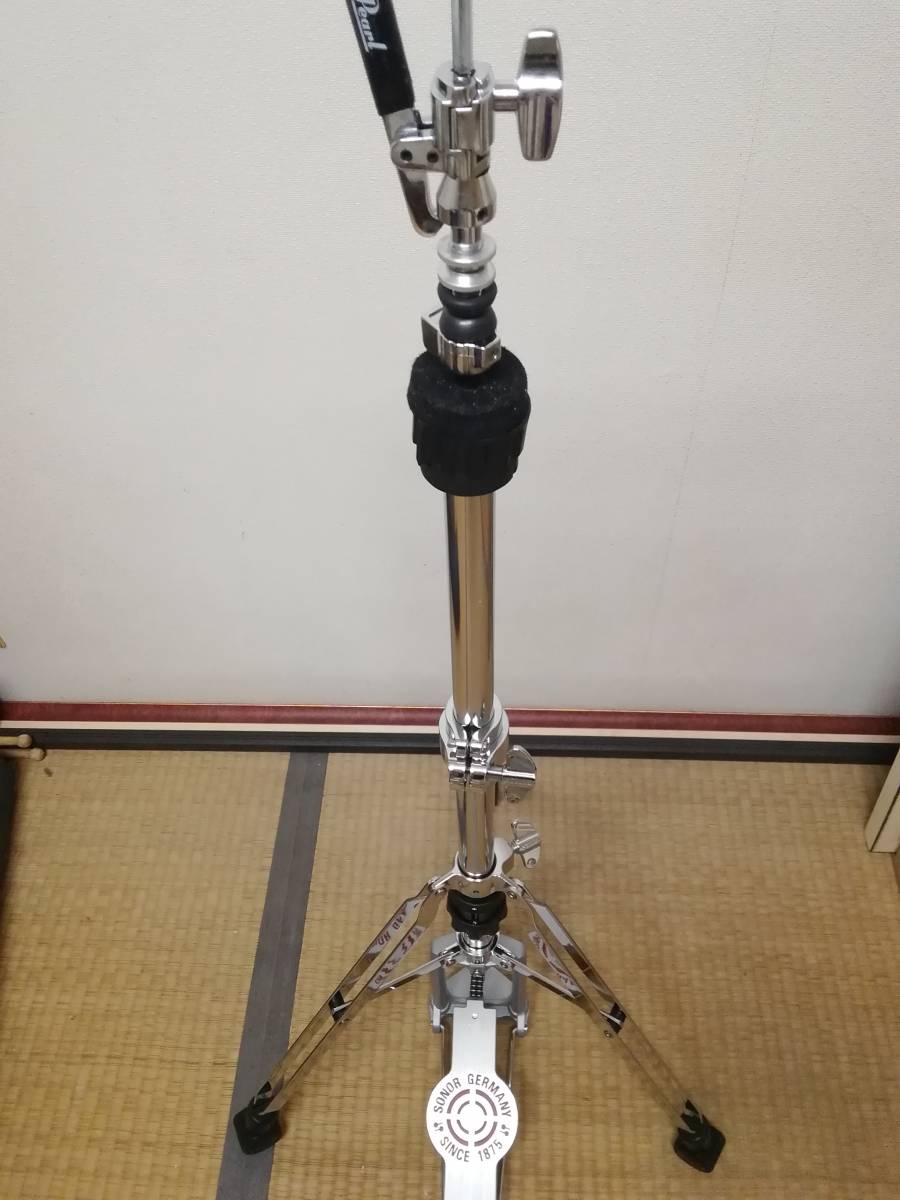
TAMA HH75W ハイハットスタンド 電子ドラム | JChere雅虎拍卖代购

送料無料(一部地域を除く)】 TAMA HC43BWN HC43BWN シンバルスタンド

ヤフオク! -「tama タマ ハイハットスタンド」(スタンド) (ドラム)の

Amazon | TAMA タマ SPEEDCOBRA スピードコブラ 310 ハイハット

オンラインショップ SONOR ベルブロンズ スネア アーティストシリーズ
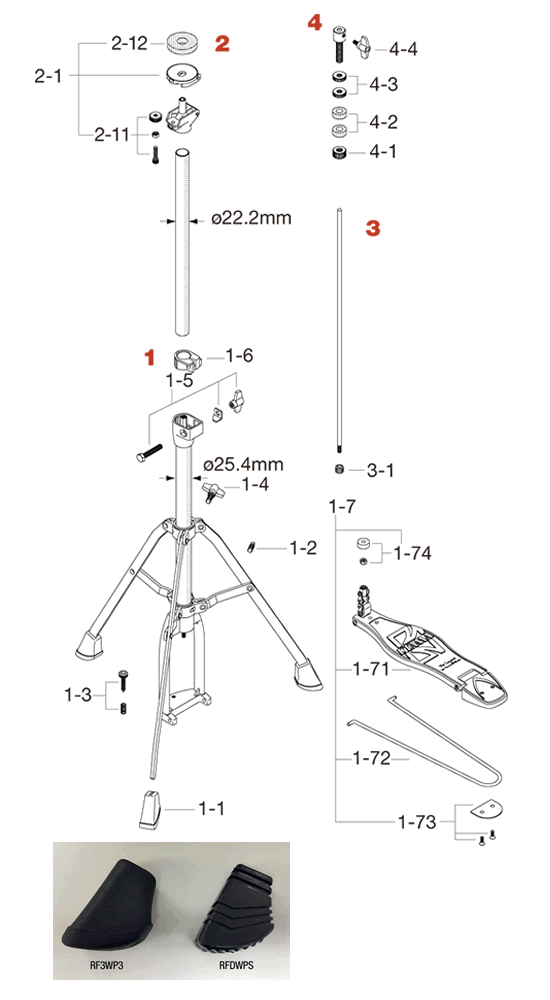
ドラムパーツ】HH35S / TAMA(タマ)【ハイハットスタンド】|ベータ
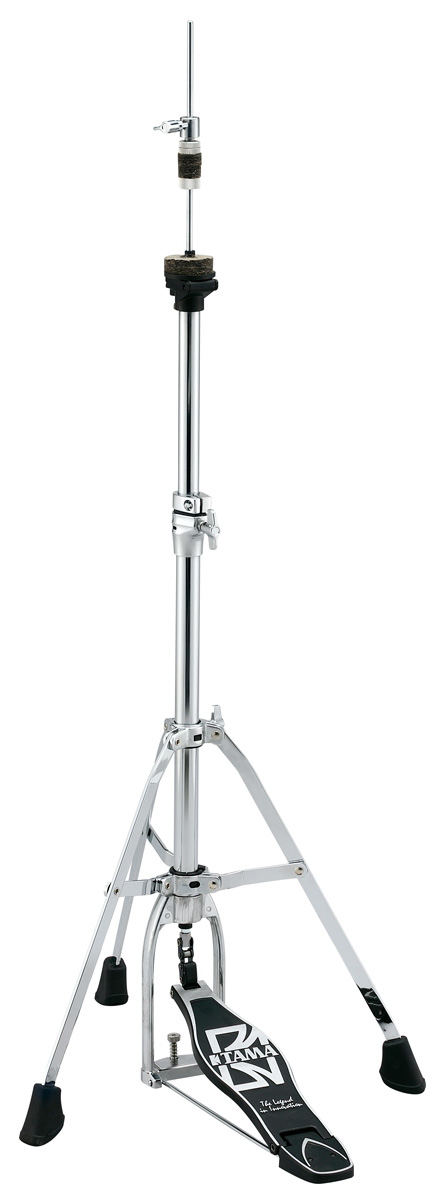
TAMA / HH45S タマ STAGE MASTER ハイハットスタンド
HH75WN Hihat Stand <廃番>

ジャンク タマ ハイハットスタンド 最上の品質な ewellsconsult.com

2023年最新】ハイハットスタンドの人気アイテム - メルカリ

TAMA タマ ハイハットスタンド 高評価! www.ticrea1987.it

The Classic Hi-Hat Stand | Hi-Hat Stands | HARDWARE | PRODUCTS

2023年最新】ハイハットスタンドの人気アイテム - メルカリ

TAMA HH75W ハイハットスタンド 電子ドラム | JChere雅虎拍卖代购
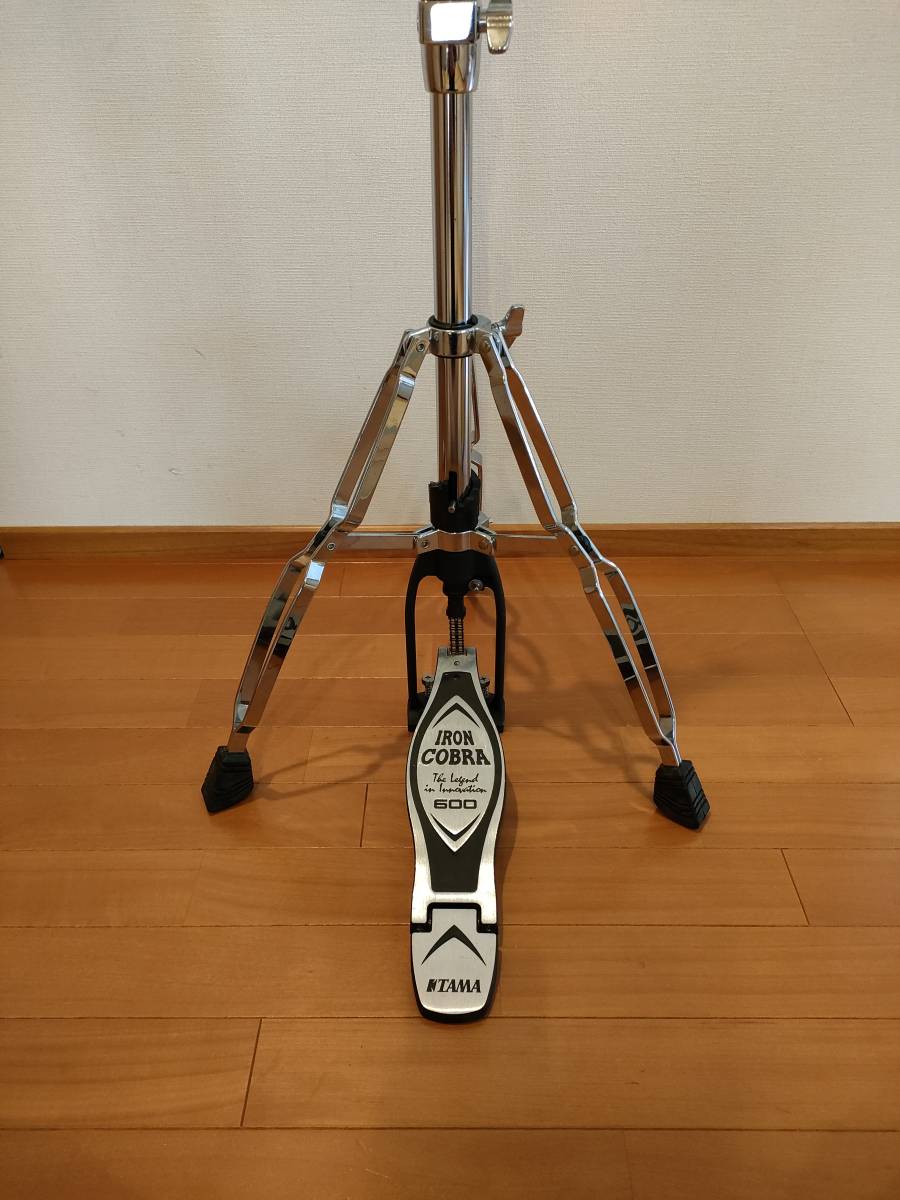
ヤフオク! -「tama タマ ハイハットスタンド」(ドラム) (打楽器)の落札

超目玉枠】 ドラム 練習パッド バスドラムパッド 打楽器 - tinkerlabs.rs

TAMA タマ ハイハットスタンド 高評価! www.ticrea1987.it

2022正規激安】 和太鼓 平太鼓 平胴太鼓 エイサー太鼓 レトロ 打楽器

NAMM2017:スタンド】 TAMA (タマ) ハイハットスタンドがリニューアル

Amazon | TAMA タマ

TAMA (タマ) SPEED COBRA スピードコブラ 310シリーズ ハイハット

美品 TAMA HH75W ハイハットスタンド - 打楽器




商品の情報
メルカリ安心への取り組み
お金は事務局に支払われ、評価後に振り込まれます
出品者
スピード発送
この出品者は平均24時間以内に発送しています














